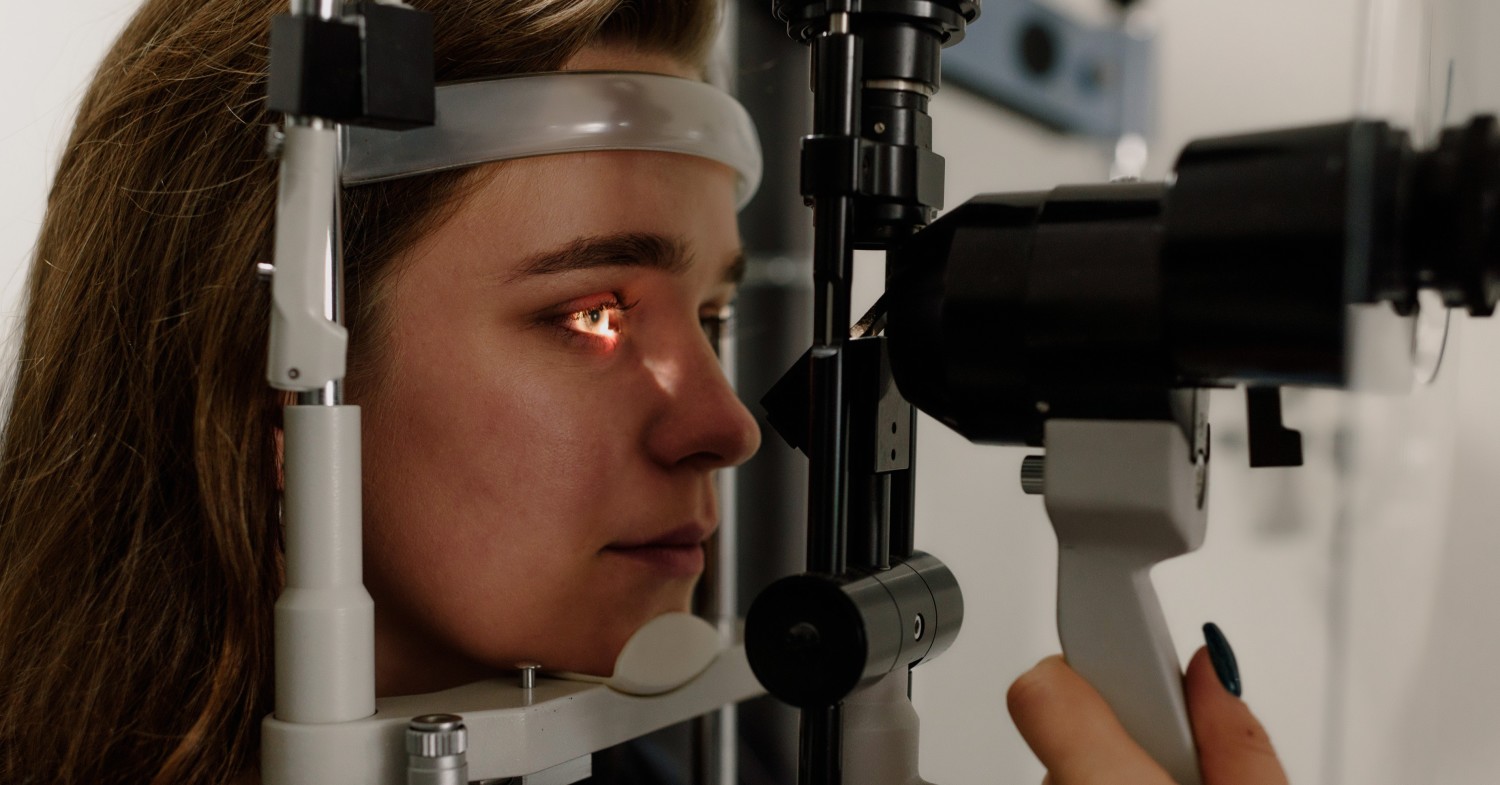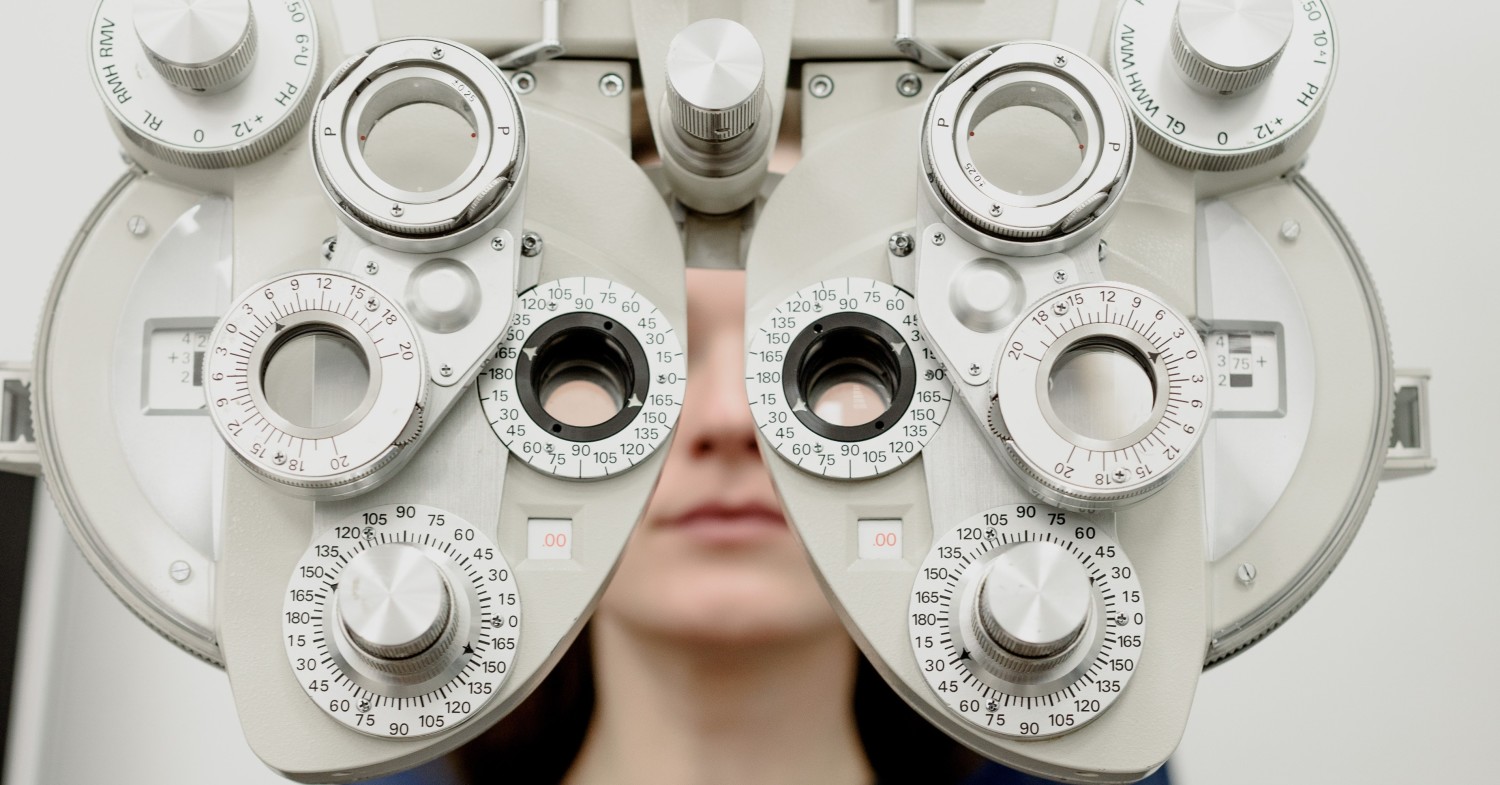
Top Optometry Schools in the United States
Admissions are competitive for America's 23 accredited optometry programs. The [...]

At a time when finding doctors in some practice areas (e.g., mental healthcare) can be difficult, most of the US still has access to eye health professionals. The Health Policy Institute of the American Optometric Association reports that optometrists “are currently practicing in counties and county equivalents that comprise 99 percent of the total population in both urban and rural areas.”
That’s great news, not only for patients who need corrective eye treatment but also for those who might suffer from any of a number of conditions seemingly unrelated to eye care. That’s because a comprehensive eye exam can reveal manifestations of diseases that affect other bodily systems, including diabetes, high blood pressure, lupus, multiple sclerosis, and Lyme disease. At a time when other medical professionals can be hard to access, it’s good to know your optometrist could diagnose a serious condition you might otherwise have missed.
The demand for optometrists should significantly increase in the coming decades, as more baby boomers (a population of 76.4 million) reach retirement. By 2030, this entire generation will be over 65 years of age. The Urban Institute reports that one in five Americans will be over 65 by 2040, up from one in eight in 2000.
The graying of America will impact the nation’s medical care system, increasing the need for healthcare of all kinds, including eye health. The optometry job market is projected to grow by ten percent over the next decade (five percent faster than the average for all occupations), translating to around 1,700 new optometrist positions each year from now through 2031. Anyone thinking about pursuing an optometry degree should be able to look forward to a career of growth and opportunity.
If you’re wondering what the best undergraduate degrees for optometry are, we’re here to provide the answers. This article addresses the following topics:
Although the practice of optometry does not require an MD, it still demands a solid grounding in the life sciences and other STEM fields. Candidates for Doctor of Optometry (OD) programs must complete at minimum several biology and chemistry prerequisite courses; some schools set the bar significantly higher. You’ll also need a grounding in these disciplines to score sufficiently on the Optometry Admission Test (OAT), which assesses academic aptitude and readiness for the OD program. The exam includes four sections: reading comprehension, physics, quantitative reasoning, and a survey of the natural sciences (biology, general chemistry, and organic chemistry).
Planning for an optometry career can mean starting your degree path right out of high school. College graduates with a bachelor’s degree in biology or chemistry are well-positioned to enter optometry school. Pre-health or pre-med grads are even better prepared for OD programs. That said, many schools welcome humanities majors as well (although they may need to complete pre-program foundational science courses before commencing doctoral studies).
Doctor of Optometry coursework focuses on natural sciences but includes a healthy dose of social sciences to position graduates as well-rounded practitioners. While you’ll be prepared for the OAT exam with your Bachelor of Science degree in organic chemistry, what you learned in public health, cultural studies, psychology, and in your literature and writing classes is equally as valuable.
Your OD program studies also involve math and science in good measure. While you need competence in statistics, calculus, and even geometry, you’ll rely on science the most. Let’s look at some of the best undergraduate degree choices for pre-optometry students to consider.
An undergraduate degree in chemistry or one of its sub-disciplines preps you well for your OD coursework. Biochemistry (the study of the chemical processes occurring in all living organisms) helps optometrists understand how the cell walls work in the cornea, ions move in and out of the bloodstream, and eye fluids are created. Organic chemistry (the study of atomic structure in carbon-based compounds) explains drug mechanisms and synthesization and is critical for optometrists entering research.
These two subdivisions of biology also provide a solid foundation for students entering optometry school. Microbiology is the study of both pure microbiology (bacteriology, parasitology, immunology, etc.) and applied microbiology (medical, pharmaceutical, industrial, etc.). Molecular biology is the study of the molecular level of biological activities (interactions between systems like DNA, RNA, and proteins). Both areas of biology are essential to understanding eye diseases, hereditary conditions, genetics, aging eyes, and treatments for ocular disease.
Health science is the study of disease and health in the human body, and is an excellent major for students intending to pursue graduate-level education in healthcare. Health science focuses on the natural, social, and behavioral sciences and includes a range of coursework in anatomy and physiology, genetics, ethics, problem-solving, global health, and epidemiology. This bachelor’s degree program includes both biology and chemistry and often involves internships and clinical work.
Many colleges offer guidance to students planning for careers in healthcare with pre-health advising programs, like the one offered at the University of Buffalo. These programs help students build their academic and pre-professional foundation by having them take required coursework and shadowing professional optometrists. Of course, every school has its own set of prerequisites and requirements, so make sure to research programs carefully before applying.
Optometry is a great career choice, particularly for people driven to help others and improve the quality of their lives. This field empowers practitioners to assess a patient’s vision needs and formulate treatment plans and individualized vision therapy that improve or remedy eye maladies. Optometrists report high levels of job satisfaction in part because they can see the results of their work quickly. They can provide easy-to-implement fixes, like prescribing new glasses or contact lenses that immediately correct a patient’s vision, identifying and treating the cause of a patient’s low vision, or referring them to an ophthalmologist for corrective cataract surgery.
In addition, most optometrists enjoy a positive work/life balance while impacting their patients’ lives. Many optometrists work a full-time, Monday-to-Friday schedule without much overtime, emergency work, or take-home stress. As a result, they’re able to enjoy their off-hours.
And optometrists are paid well. The US Bureau of Labor Statistics (BLS) reports that the median annual income for optometrists is around $124,000. CNBC rates optometry second in its rankings of the 10 Best Jobs of 2022.
Soon, it will even be easier to obtain your Doctor of Optometry degree. The training won’t be less vigorous, but pre-optometry students will have a new, more flexible option for optometry school.
While you cannot earn an OD entirely online (since in-person clinical rotations are a required component of any Doctor of Optometry program), there will soon be hybrid programs that come close. The hybrid program launching in Fall 2023 at the New England College of Optometry allows you to take your coursework online from anywhere and complete your clinical rotations in an approved and appropriate setting close to where you live.
Questions or feedback? Email editor@noodle.com

Admissions are competitive for America's 23 accredited optometry programs. The [...]

Optometrists must obtain a Doctor of Optometry (OD) and adhere [...]

Practicing optometrists can earn non-mandatory board certification from the American [...]

Earning a Doctor of Optometry typically takes four years, although [...]
Categorized as: Optometry, Nursing & Healthcare